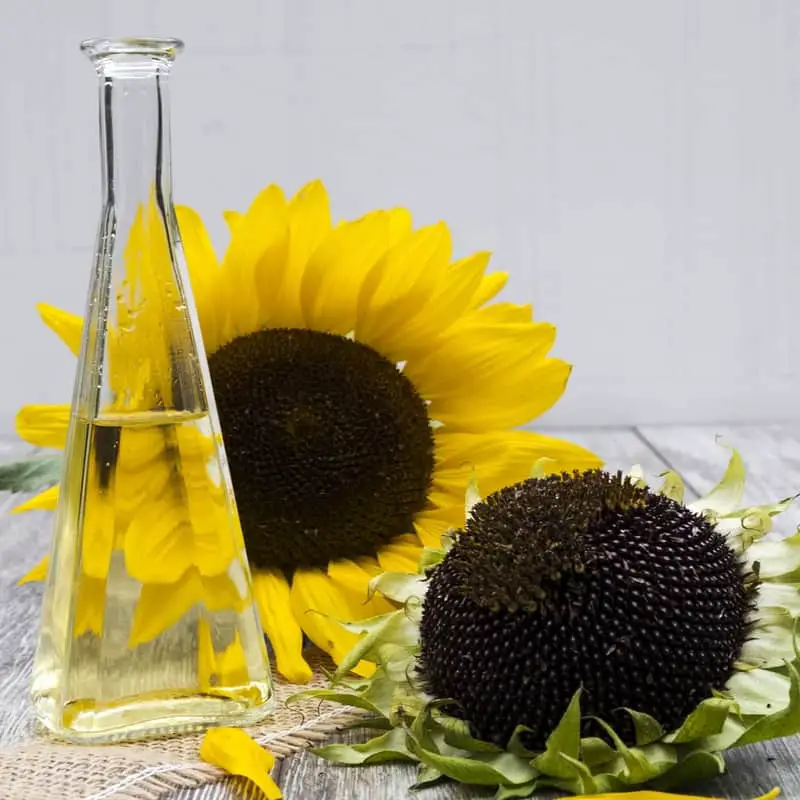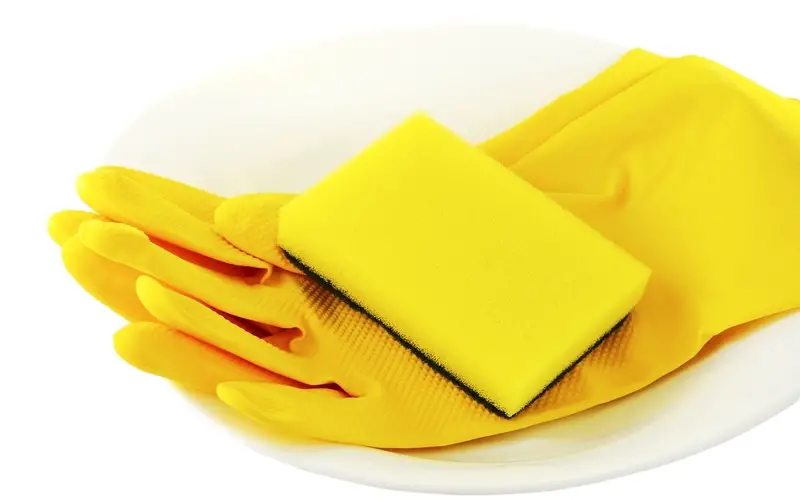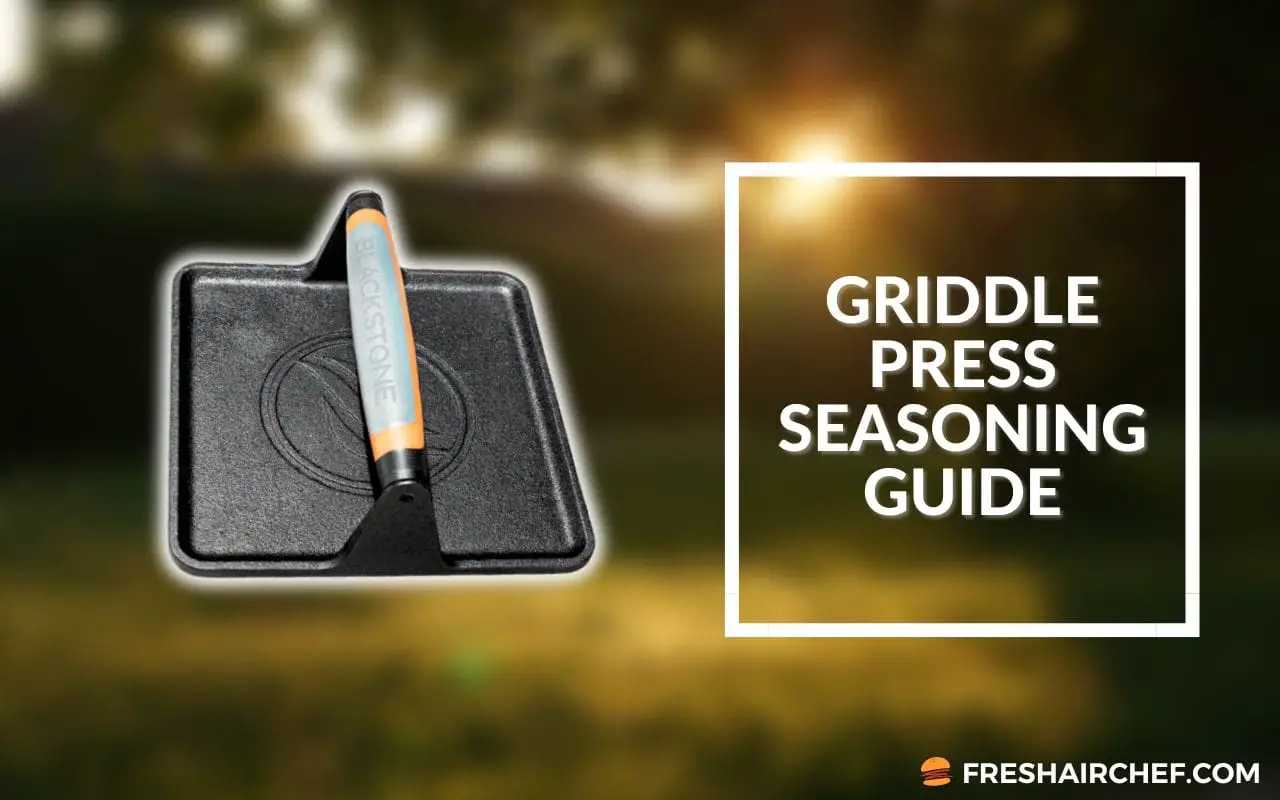You’ve just added a shiny new Blackstone Griddle Press to your grilling arsenal. You’re all set for that weekend BBQ party. You can almost taste the perfectly seared, mouthwatering smash burgers that your new press is going to help you create.
But wait! There’s a speed bump on your road to BBQ glory. You suddenly realize there were no instructions on how to season your Blackstone griddle press or whether it’s even necessary. So, here you are, staring at your press and scratching your head in confusion.
Well, fear not, because you’ve landed in the right place. Today, I am answering that very question and then some.
Spoiler alert:
You don’t need to season your Blackstone griddle press because it comes pre-seasoned. However, you may still want to do so to improve its performance and longevity.
We’re going to navigate the whole process together, and I promise it’ll be as smooth as that first scrumptious bite into a well-pressed burger. Let’s dive in, shall we?
Table of Contents
- Do You Need to Season Your Blackstone Griddle Press?
- How to Season a Blackstone Griddle Press
- How To Clean a Seasoned Griddle Press?
- Do All Griddle Presses Need To Be Seasoned?
- Conclusion
- Printable Guide
- FAQ
Do You Need to Season Your Blackstone Griddle Press?
Now here’s the million-dollar question: to season or not to season? If your griddle press was a cast-iron skillet, the answer would be an unequivocal ‘Yes, sir!’. But things get a little fuzzy when we’re talking about a griddle press.
All Blackstone griddle presses that are available are pre-seasoned in the factory. As such, it isn’t an absolute necessity to season them again.
They won’t explode, implode, or give you the silent treatment if you don’t season them yourself.
But you can still season them again if you like. It won’t hurt the press. Sometimes it may even be necessary to re-season the griddle press if the factory-applied seasoning starts peeling off or if your press starts to show rust spots.
Having your griddle press seasoned comes with a couple of perks.
Firstly, a good seasoning job prevents your food from sticking to the press. So, if you’re picturing a burger catastrophe with half your patty welded to the press, seasoning can save the day.
Secondly, that layer of seasoning acts as a protection against rust. Remember, cast iron and moisture are enemies. So unless you plan on storing your griddle press in a vacuum-sealed chamber, seasoning can come in handy.
Blackstone offers four versions of their press – Extra Large, Large, Medium, and Small. Regardless of their size, they’re all crafted from the same, sturdy cast iron. So yes, this advice applies no matter which size you’ve got sitting in your kitchen.
However, if all this talk of seasoning is making you break out in a sweat, there’s a quick cheat for you. Want to prevent food from sticking? You can always use a barrier like aluminum foil or baking paper between your food and the press. But keep in mind, it’s more like a band-aid solution, and it won’t protect your griddle press from rust.
In the end, the choice to season is yours.
How to Season a Blackstone Griddle Press

Alright, you’ve decided to take the plunge and season that griddle press. Before you start, you will need to collect a couple of tools:
- Your Blackstone Griddle Press (obviously!)
- Paper towels
- Cooking oil of your choice – Canola oil is my go-to but feel free to grab your favorite.
Got everything? Awesome.
Now, before we dive into the process, remember: seasoning your griddle press is pretty much the same as seasoning a cast iron skillet.
- Start by removing the handle from your griddle press. It’s held in place with screws, so a simple screwdriver should do the trick. We’re doing this to ensure your handle doesn’t get all greasy or, worse, get baked in the oven (unless you fancy a melted handle, of course).
- Preheat your oven to 450°F (232°C).
- Pour a small amount of your chosen oil onto a paper towel and rub it all over the griddle press, ensuring to cover every nook and cranny. You’re going for a light coating here – think summer tan, not oil wrestling.
- Once the oven’s heated, place your oiled-up press in there and let it bake for about an hour. This is when the magic happens, as the oil bonds with the iron to create a natural, non-stick surface. Pro tip: It WILL SMOKE so make sure your kitchen is well ventilated.
- After an hour, turn off the oven and let the press cool down in there.
- Rinse and Repeat: You’ve done it once, but guess what? This isn’t a one-and-done deal. For optimal results, I recommend repeating the process a couple more times. This will build up that perfect layer of seasoning.
Voila! You’ve successfully seasoned your Blackstone Griddle Press. Once it’s cooled down completely, you can reattach the handle and start pressing those burgers or paninis.
How To Clean a Seasoned Griddle Press?
Alright, you’ve done the hard work of seasoning your Blackstone Griddle Press. Now comes the next big task: cleaning. But don’t fret, it’s much simpler than you might think.
You’ve just hosted a glorious backyard cookout, impressing your guests with perfectly seared smash burgers thanks to your newly seasoned press. But now, the guests are gone, the laughter is just a happy memory, and you’re left with a griddle press that’s seen better days. No worries, I’ve got you covered.

Here’s your easy-peasy, yet effective guide to cleaning that trusty griddle press:
- Once your griddle press has cooled down enough to handle, start with a quick rinse under warm water. This helps loosen any food residue that might be clinging on.
- Next, grab your dish-cleaning sponge and give your press a good scrub. Contrary to popular belief a small amount of dish soap is fine to use. Modern soap is not the same stuff that our grandmas used. Stay away from stuff like oven cleaners though. Those will disintegrate your seasoning in a matter of seconds.
- Once you’ve scrubbed away any bits, dry your griddle press thoroughly. Any lingering water drops are an invitation for rust to set in. Once it’s completely dry, you can give it a quick, light wipe-down with your cooking oil to keep the seasoning intact and fresh.
Whatever you do, resist the urge to use oven cleaners or other degreasers. They’re a big no-no for your seasoned griddle press as they can strip away the seasoning.
As mentioned earlier, if you’re not too thrilled about having to clean your griddle press after every use, consider covering it with aluminum foil before using it. It helps prevent it from getting dirty and makes your cleaning job a breeze. It’s a bit like having a house party but hiring cleaners to handle the aftermath. You get all the fun without the cleanup.
Do All Griddle Presses Need To Be Seasoned?
Griddle presses come in various shapes and sizes and they are made from various materials.
Most griddle presses don’t require to be seasoned before first use. Most of them come pre-seasoned, ready to leap straight from the box onto your griddle without the fuss of a seasoning process.
You may come across a griddle press that will benefit from seasoning. It may be made of cast iron or carbon steel.
Then there are the stainless steel griddle presses. With their shiny, rust-resistant exteriors, these beauties don’t need seasoning at all. So, if the thought of seasoning, re-seasoning, and meticulous cleaning has you breaking out in hives, a pre-seasoned or stainless steel griddle press might be more your speed.
Conclusion
Phew! We’ve covered some ground today, haven’t we? From deciding whether to season your Blackstone Griddle Press, to the actual process of seasoning and then how to keep it in tip-top shape, we’ve been through quite the journey together.
Seasoning prevents your food from sticking, saves your press from rusting, and as a bonus, gives it that classic, shiny black patina that’s an eye candy in any kitchen or BBQ setup.
Yes, there are alternatives out there – pre-seasoned or stainless steel presses, or even just slapping on a layer of aluminum foil.
Printable Guide
How To Season A Blackstone Griddle Press
Equipment
- Blackstone Griddle Press
- An oven
Materials
- Paper towels
- Cooking oil of your choice (canola oil, sunflower oil, and avocadlo oil work great)
Instructions
- Start by removing the handle from your griddle press. It's held in place with screws, so a simple screwdriver should do the trick.
- Preheat your oven to 450°F (232°C).
- Pour a small amount of your chosen oil onto a paper towel and rub it all over the griddle press, ensuring to cover every nook and cranny.
- Once the oven's heated, place your oiled-up press in there and let it bake for about an hour.
- After an hour, turn off the oven and let the press cool down in there.
- For optimal results, I recommend repeating the process a couple more times. This will build up that perfect layer of seasoning.
FAQ
What is the best oil to use for seasoning the Blackstone Griddle Press?
Canola oil is a popular choice due to its high smoke point and low price. However, other oils like vegetable oil, sunflower oil, or even shortening like Crisco can work well too.
How often should I season my Blackstone Griddle Press?
Unlike your griddle, your press generally doesn’t need to be seasoned periodically. You may need to reseason it if the seasoning gets damaged or if the press gets rusty.
How do I remove rust from my griddle press?
If your press develops a little rust, don’t panic! Smaller rust spots can be cleaned with a mixture of equal parts white vinegar and water. Soak the press in this solution for an hour, then scrub off the rust. Rinse, dry, and re-season your press afterward. Larger rust spots may require sanding.
What happens if I use a degreaser to clean my seasoned griddle press?
Using a degreaser can strip away the seasoning you’ve built up. It doesn’t ruin the press though. Just reapply the seasoning again and you are good to go.
Can I use my griddle press on any type of grill?
Absolutely! Your Blackstone Griddle Press is versatile and can be used on charcoal grills, gas grills, or even in the kitchen on a stovetop.
Can I use bacon grease to season my griddle press?
The use of bacon grease for seasoning is generally not recommended due to it containing salt, nitrates, and other substances that may result in premature flaking.


